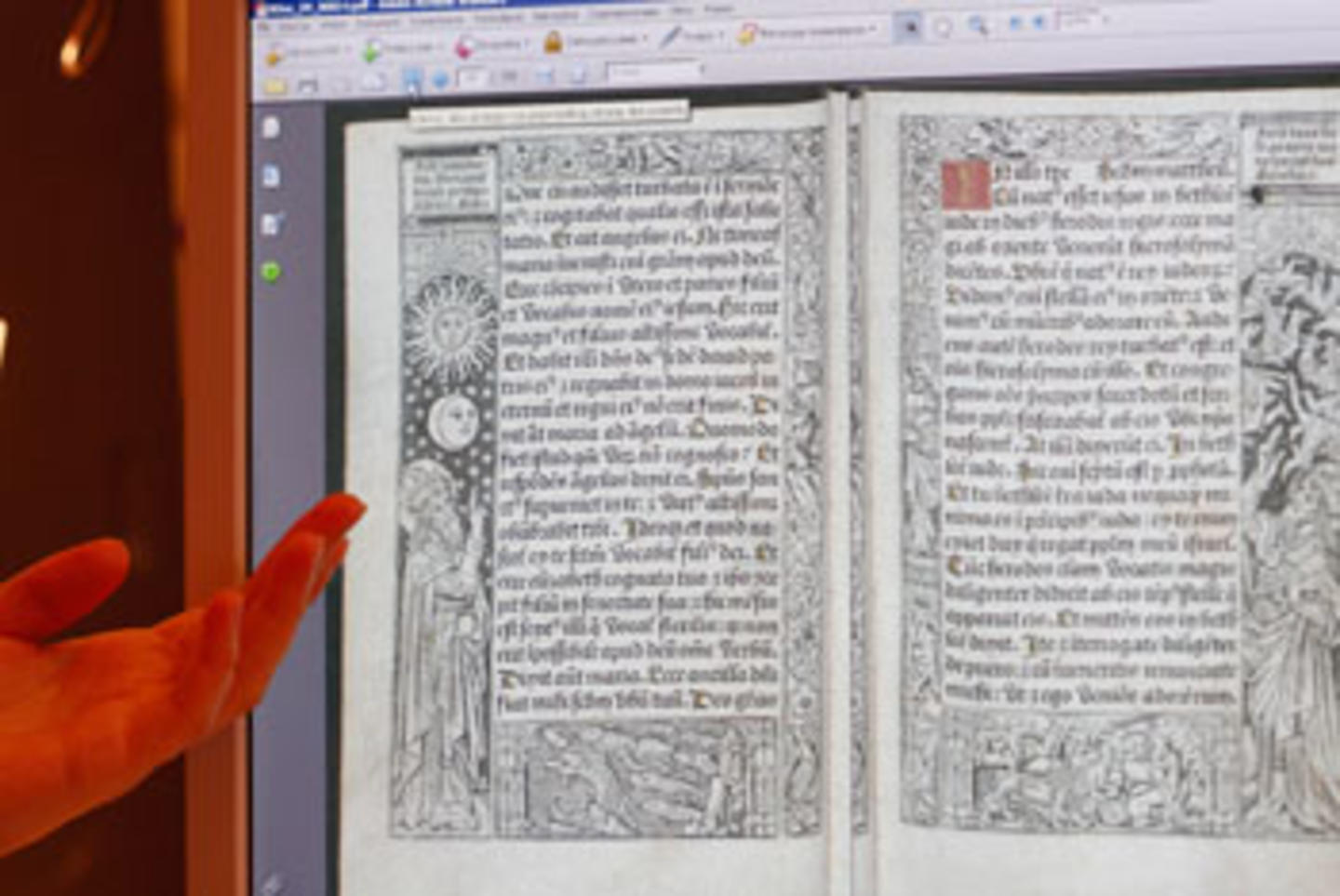The new database replaces the now obsolete old database, which was launched in 1992. The slowness of the old system made it next to impossible to exchange data, and constituted a major bottleneck in the Police’s investigations. Since speed and efficient coordination is vital when investigating cross-border criminal networks, this type of crimes has had a relatively low detection rate in the Czech Republic.
The Czech Republic is a transit country as well as a country of origin for illegal trafficking and trading in art artefacts and antiques. This type of organised crime has risen dramatically since 1989.
"The new database will allow us to search for stolen Czech artefacts across the world via the internet, on the auctions' portals and among antique shops' ads placed on the internet," said Pavla Kopecka from the Czech Police Headquarters.
Churches and church properties have been particularly exposed to burglary and art theft. Vladimir Kelner, Head of the Diocesan Conservation Centre at the Archbishopric of Prague, estimates that 90% of Czech church buildings have been broken into and had artefacts removed since 1989. The theft of these artefacts is an irreplaceable loss of people's historical memory, Kelner told the Czech News Agency.
Picture credit: Emanuela and David Tatarkiewiczowie/Odonata
